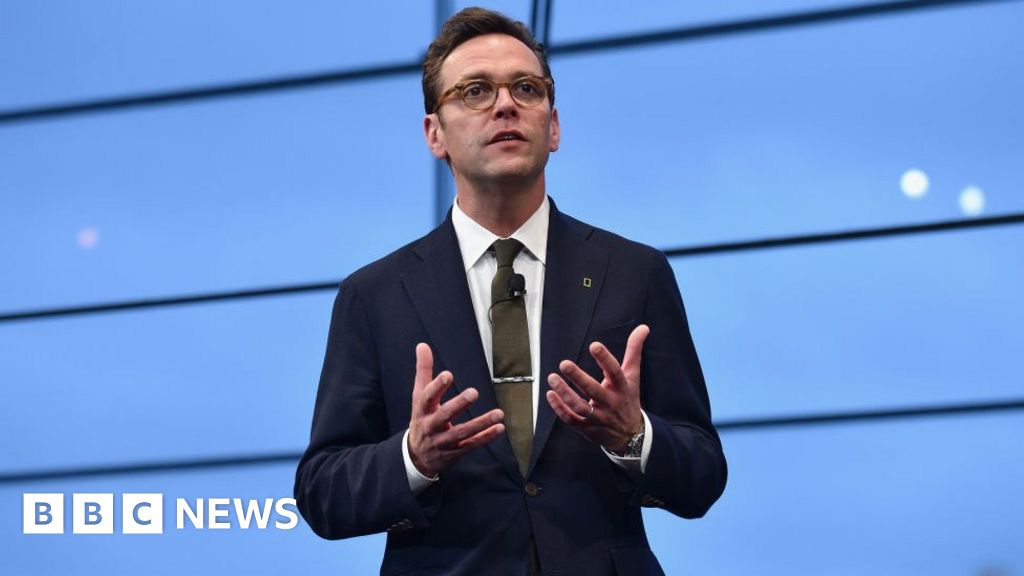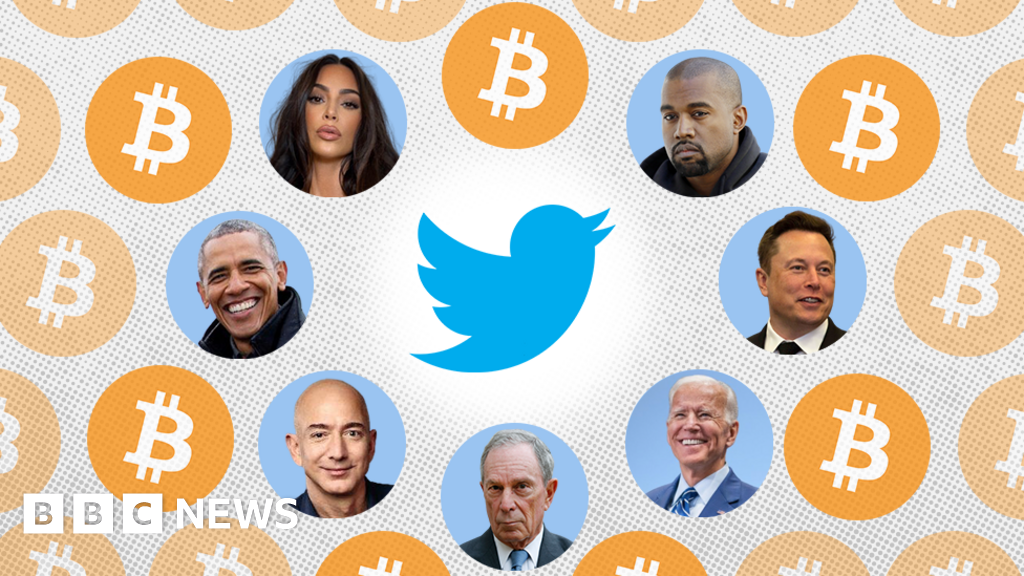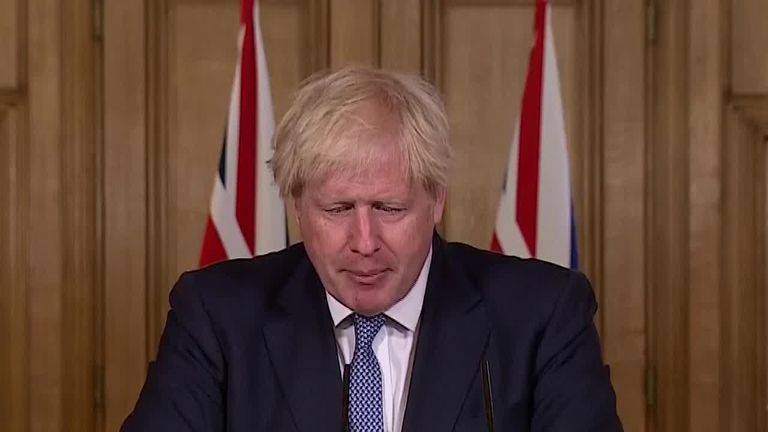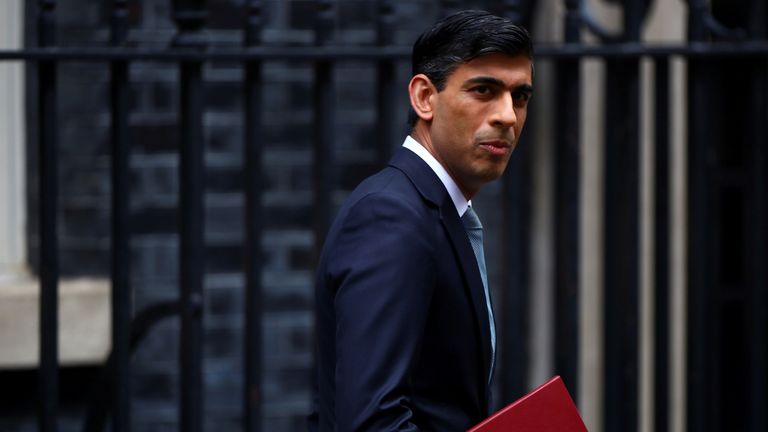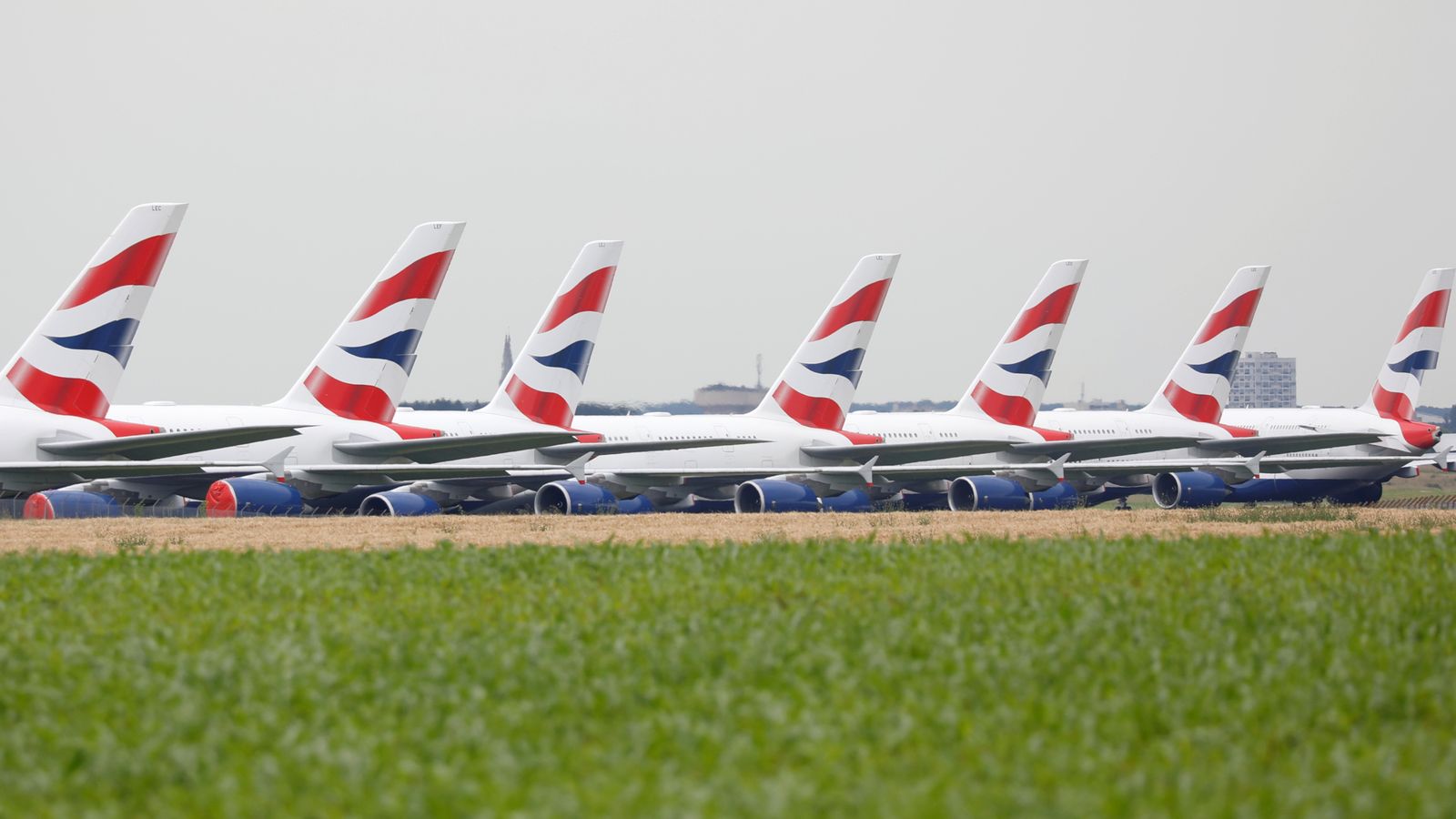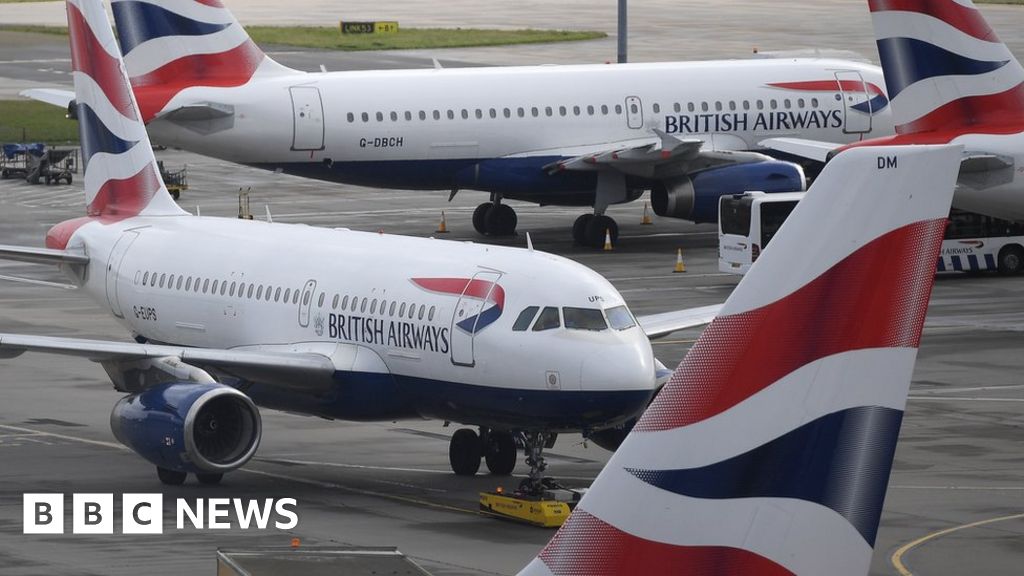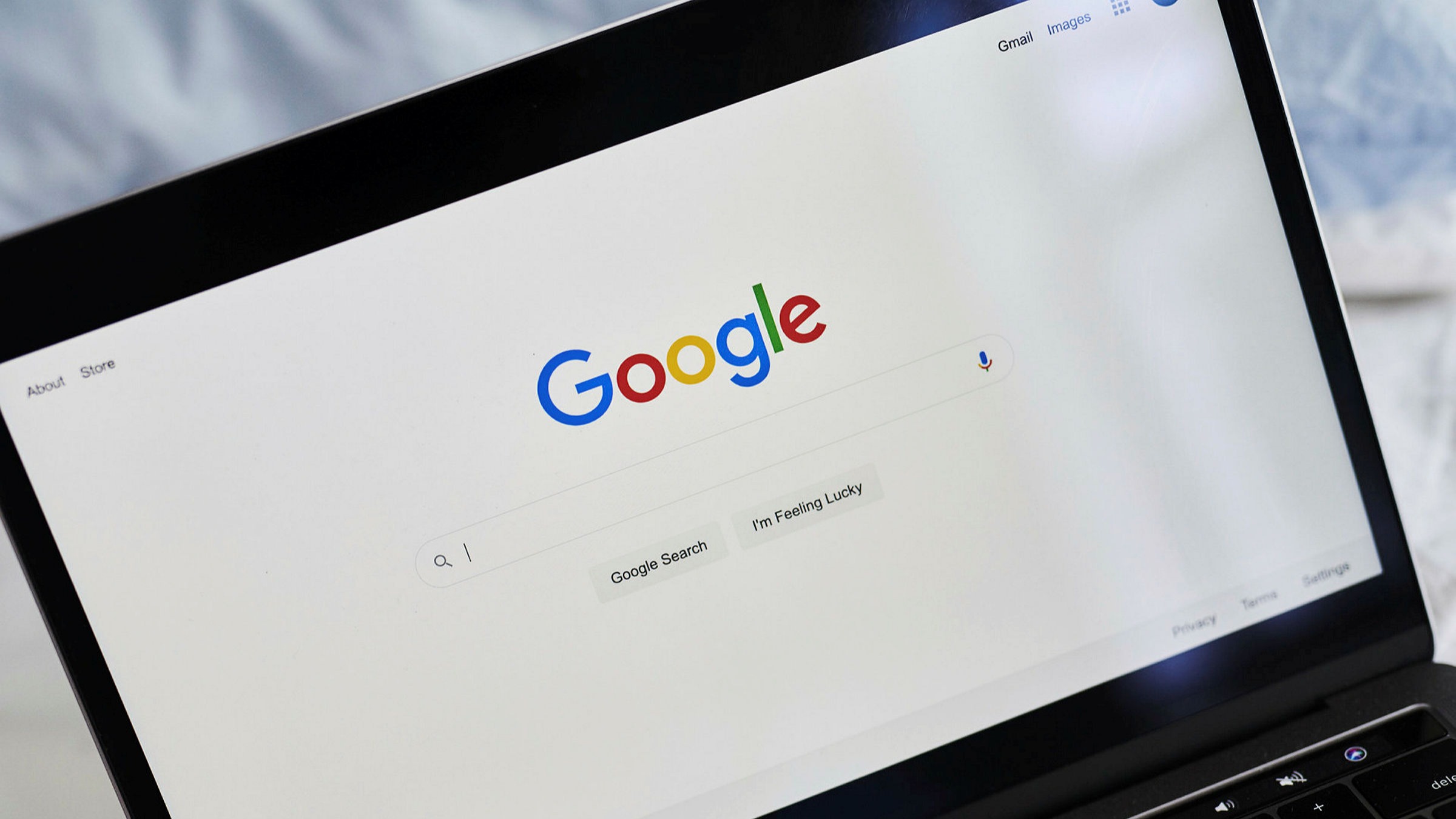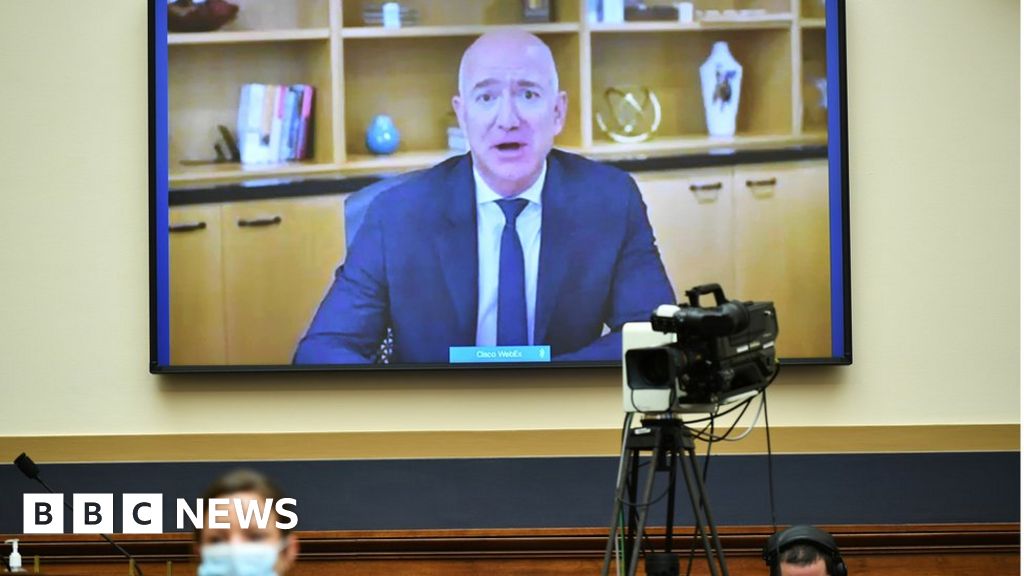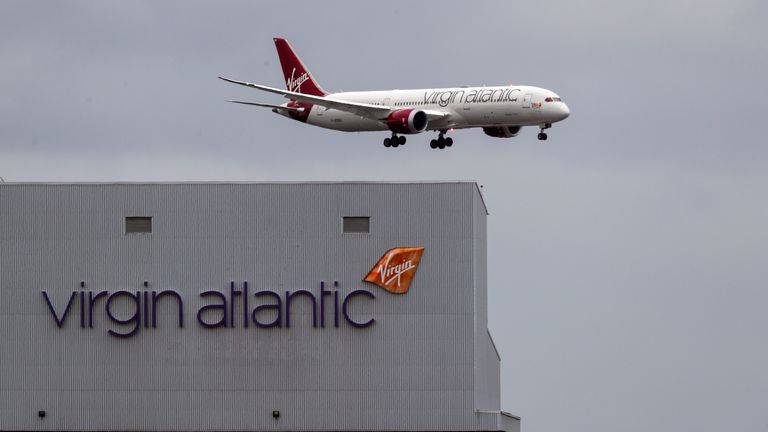Four of the largest US tech companies on Thursday announced a blowout quarter for Big Tech, against the backdrop of a slowing global economy and deep financial pain for many of their customers and business partners.
The graphic display of business resilience from Apple, Amazon, Facebook and Google came the day after the chief executives of the same companies faced hostile questioning by the US Congress, where they were accused of using the power of their platforms to entrench themselves and stifle competition.
If the growing concern in Washington spells regulatory problems for the companies, however, it was lost on Wall Street, which reacted euphorically to Thursday’s earnings news. The combined market value of the four companies soared by about $230bn in after-market trading once the earnings were revealed, lifting them above $5tn for the first time.
Their success drew a stunning juxtaposition with an American economy that has shrunk by 9.5 per cent compared with the preceding three months.
I think scrutiny is here for a while and we’re committed to working through it
“The day we found out the US economy declined more than it ever has in history, these companies recorded extraordinary growth,” said Roger McNamee, a longtime tech investor and one of Silicon Valley’s most outspoken critics of Facebook.
“In the absence of some sort of regulatory intervention, they will continue to displace a larger and larger share of the economy.”
Mark Zuckerberg, chief executive of Facebook, used an earnings call with Wall Street to hit out at regulators who may be considering ways to limit his company’s ad targeting practices to assuage privacy fears.
Restrictions, he argued, would “reduce opportunities for small businesses so much that it would probably be felt at a macroeconomic level”. He added: “Is that really what policymakers want in the middle of pandemic and recession?”
Apple saw its market capitalisation jump by more than $100bn late on Thursday, after it turned what was expected to be a period of contraction in the second quarter into a stunning burst of growth. Despite being forced to close stores for many weeks because of the coronavirus pandemic, its revenues rose 11 per cent, or about $6bn.
Tim Cook, chief executive of Apple, acknowledged that his company’s earnings “stand in stark relief during a time of real economic adversity for businesses large and small, and certainly for families”. He added that Apple was “focused on growing the pie” and creating opportunities for others.
Research group Canalys estimated that iPhone handset sales grew 25 per cent last quarter, which is all the more remarkable as the broader smartphone market declined 14 per cent. Samsung’s handset shipments plummeted 30 per cent, ceding its sales crown to Huawei for the first time. But Huawei, too, saw a 5 per cent decline. Of the top five vendors, only Apple sales grew.
Big Tech’s big earnings day
The scale of the surprise was matched by Amazon. Many investors had expected the ecommerce company’s profits to be all but wiped out in the quarter by the extra $4bn of costs it faced to keep operating during the health crisis. Instead, after-tax profits doubled to $5.2bn, while its revenue surged by 40 per cent.
By contrast, their dependence on advertising left Facebook and Google less insulated from the wider economic turmoil. But they still did remarkably well against the backdrop of a contraction in overall advertising of more than 20 per cent in many markets globally, said Brian Wieser, head of business intelligence at GroupM, part of WPP.
Besides reflecting a general shift in advertising to digital channels, their resilience showed that the biggest platforms had done best in the downturn, he added.
Facebook’s revenue jumped by 11 per cent to $18.7bn, a far bigger bounce than the 3 per cent growth that had been expected. Mr Zuckerberg also brushed off worries over the advertising boycott of its services by more than 1,000 brands, including Verizon and Ford, saying that critics still “wrongly assume that our business is dependent on a few large advertisers”.
Only Alphabet, Google’s parent, failed to join the party, as it disclosed the first decline in sales ever reported by the internet group. Even Alphabet, however, beat expectations, and its revenue dropped by only 2 per cent, at a time when other advertising businesses are contracting sharply.
The strong performance by the leading tech platforms showed they had benefited disproportionately from this year’s rise in digital activity, as people around the world have been forced to work, learn and entertain themselves from home, according to industry observers.
“The outperformance for both Amazon and Facebook is just incredible, particularly when you think how bad things were back in March,” said Youssef Squali, an internet analyst at SunTrust Robinson Humphrey.
The companies had been well positioned for a shift in activity online, but had also responded with “flexibility” after the bottom fell out of many of their markets in March, he added.
Several tech executives also pointed to the effect of government actions to insulate consumers from the worst of the economic crisis.
“Economic stimulus packages, not only here in the US but around the world, have helped economic activity, and the lifting of some of the restrictions that were in place at the beginning of the quarter,” said Luca Maestri, Apple’s chief financial officer.
On earnings calls with Wall Street late on Thursday, executives from the tech companies faced hardly any questions about the potential costs of greater regulation, following the criticism they faced before the House antitrust subcommittee the day before.
Facing one question from an analyst, Sundar Pichai, chief executive of Google, said: “If there are any areas to adapt, we will. I think scrutiny is here for a while and we’re committed to working through it.”
Additional reporting by Dave Lee
Let's block ads! (Why?)
https://news.google.com/__i/rss/rd/articles/CBMiP2h0dHBzOi8vd3d3LmZ0LmNvbS9jb250ZW50L2RjZDk2ZDYyLWZmZTUtNDE0YS1hMzkyLTAxOGY0MjA4ZDYzYdIBAA?oc=5
2020-07-31 04:21:50Z
52780945588527
